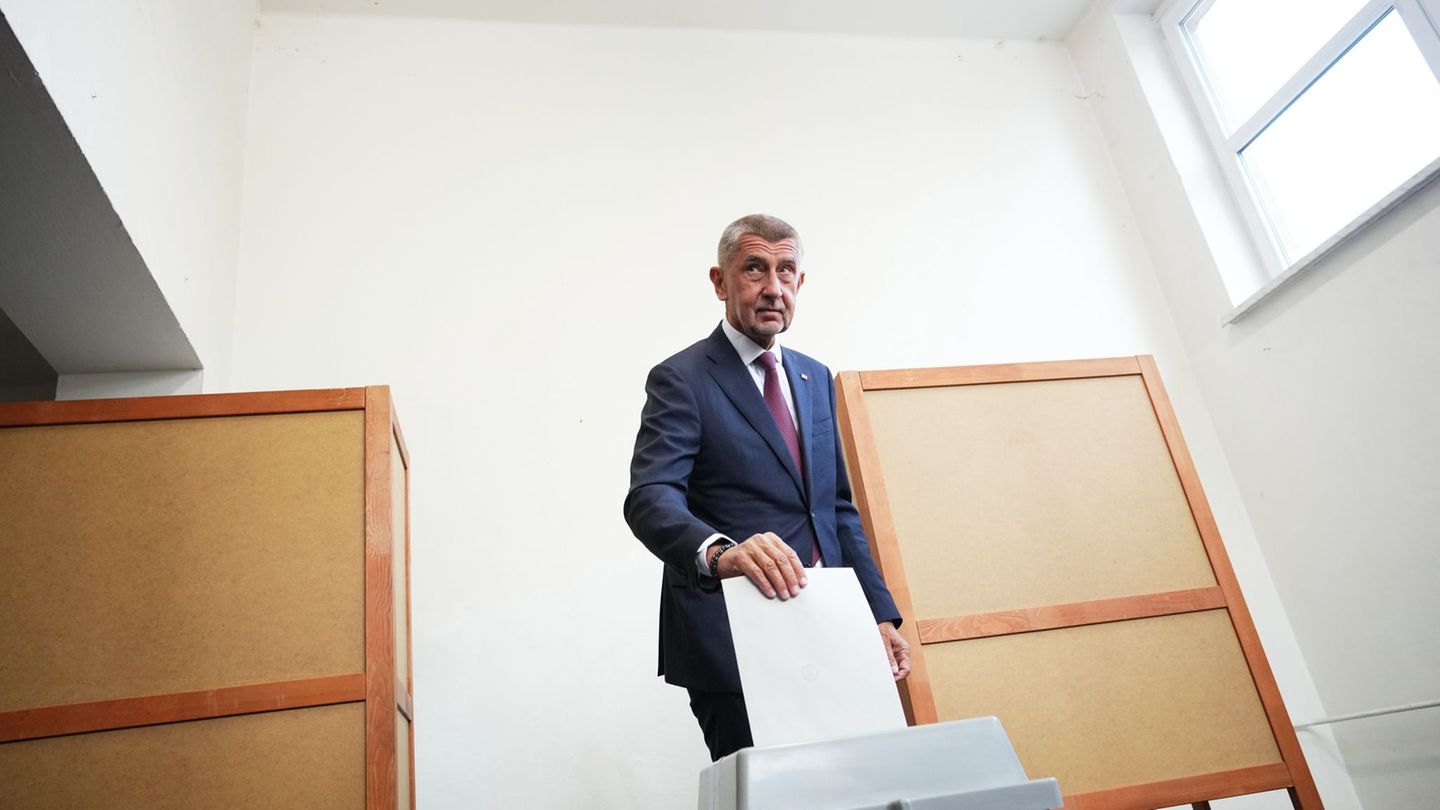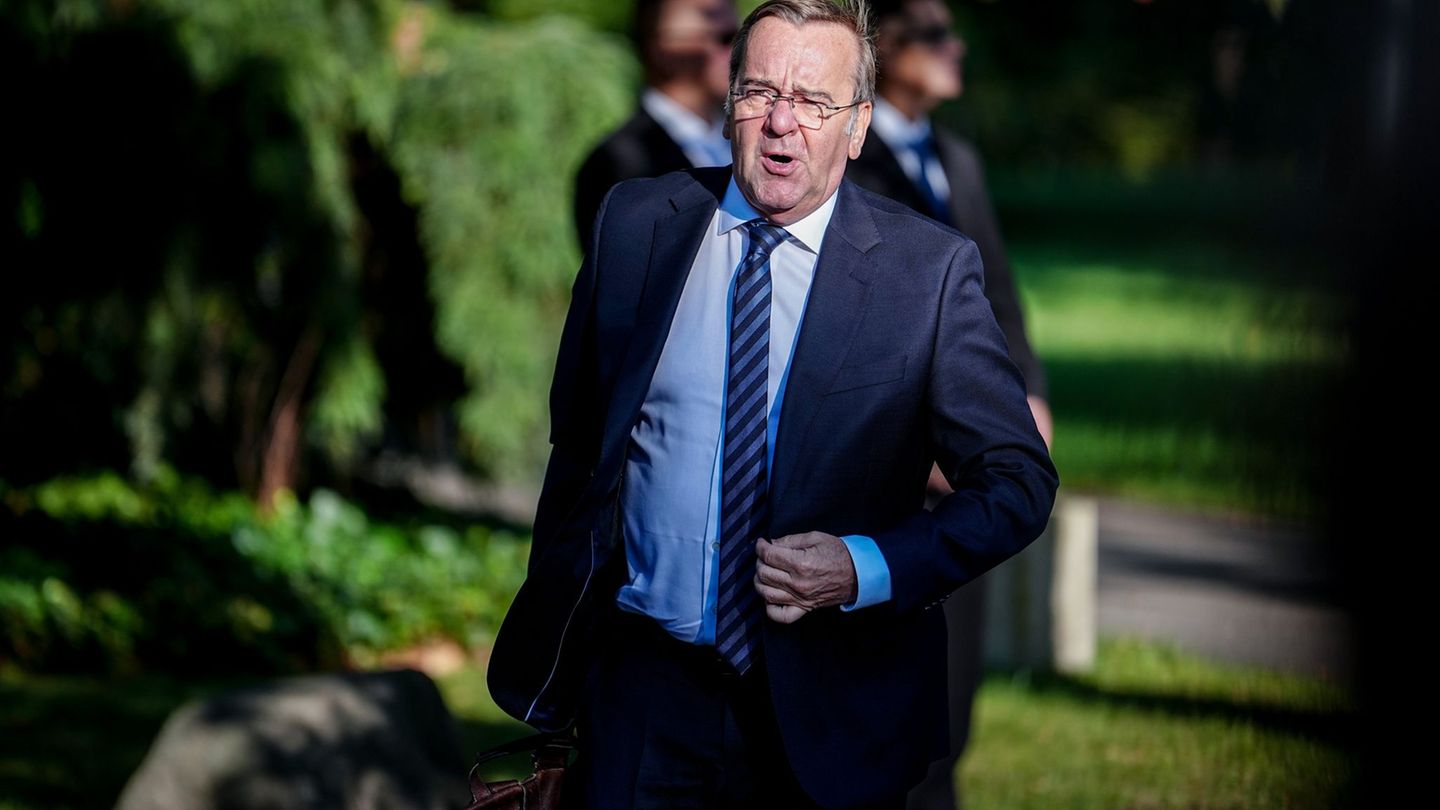In the super election year of 2021, concerns about the manipulation of public opinion will rise to a record high in Germany. According to a current study, fake news about the corona crisis intensifies this trend.
Top managers and politicians in Germany see the threat situation in cyberspace at a record level.
In addition to classic hacker attacks and data theft, decision-makers are particularly afraid of manipulating opinions through fake or incorrect messages. This emerges from the “Cyber Security Report 2021”, which was published on Tuesday by the polling institute Allensbach and the auditing company Deloitte in Berlin.
According to this, 77 percent of MPs and executives see data fraud as the highest cyber risk for people in Germany. Two years ago this value was 70 percent.
Concerns about fake news also rose to a new record high: 75 percent of those surveyed see a risk that public opinion is manipulated through fake or inaccurate news. Accelerated by the corona pandemic, the election campaign is partially shifting online. The concern about the manipulation of public opinion through fake news is correspondingly great.
“Information, opinion-forming and social debates are changing as a result of digitization and thus also the democratic culture,” explained Prof. Renate Köcher, managing director of the Allensbach Institute for Demoscopy. “That offers opportunities, but it also entails considerable risks, especially when it comes to forming opinions before elections.”
Eight years after the revelations by US whistleblower Edward Snowden, who uncovered a far-reaching surveillance program by US and British intelligence agencies, concerns about government surveillance are receding. Currently, 48 percent of those questioned are still afraid of surveillance from countries such as the USA or China. In 2017 this value was still 54 percent. Nine percent currently fear surveillance by the German state; in 2017, 21 percent feared domestic spying.
David William is a talented author who has made a name for himself in the world of writing. He is a professional author who writes on a wide range of topics, from general interest to opinion news. David is currently working as a writer at 24 hours worlds where he brings his unique perspective and in-depth research to his articles, making them both informative and engaging.




